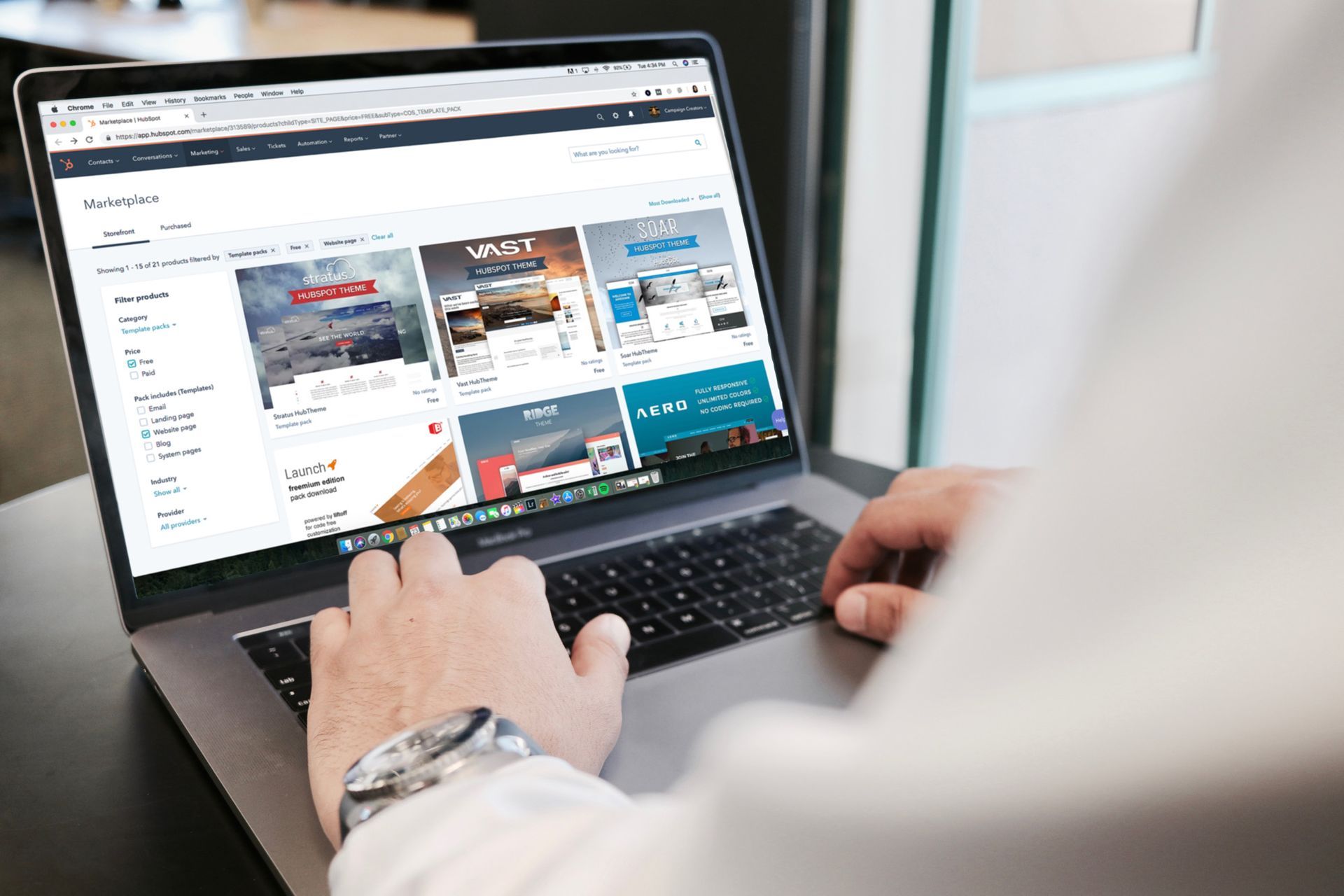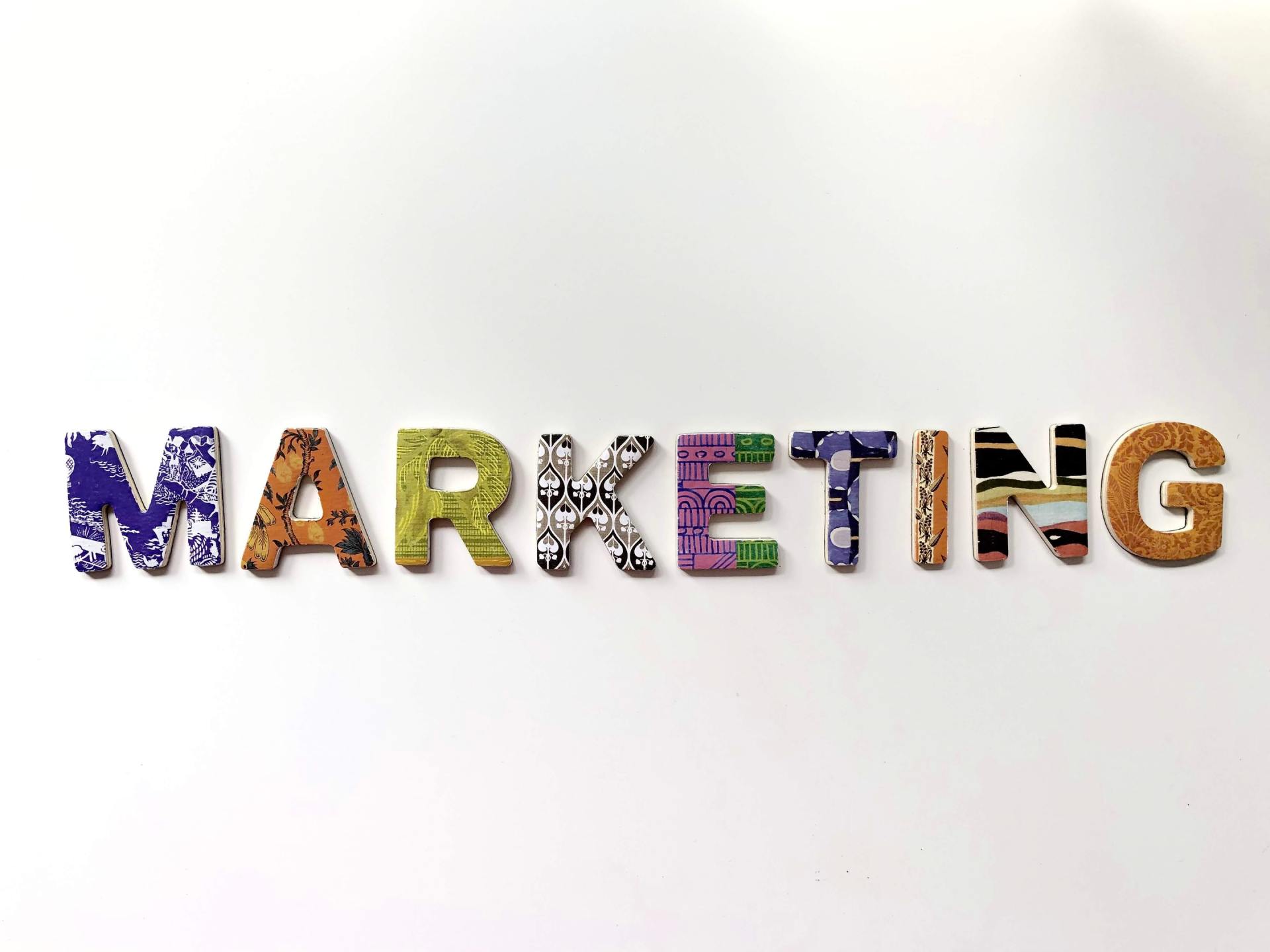Types of Business Automation

Business automation comes in many forms, but regardless of the project, the primary benefit remains the same: to make your life easier. Whether you’re a tiny team looking to reduce workload or a major corporation hoping to standardize workflows, business automation is the answer for many office troubles.
Some reports suggest that managers could get between 8 and 20 hours back if manual data tasks were automated. And while large organizations lead the charge in automation, small businesses benefit just as much. Before we dive into types of automation, let’s look at just a few of the benefits companies see when they implement this time-saving tool at their organizations.
The Benefits of Automation
Saves money. Let’s start with the most obvious benefit of business automation, shall we? Cost-saving measures are top of mind no matter what size company you serve. Reduce operational costs, improve profit margins, and reduce waste when you deploy business automation techniques.
Improves ROI.
In addition to the cost-saving benefits of business automation, you’ll find that process standardizations make it easier to accurately report future trends. Likewise, many systems used for business automation offer in-app reporting. Knowing these numbers helps business leaders predict the ROI of a new idea, new venture, new employee, etc.
Gives back “human” time.
There are some processes that only a human can master, but if they’re busy personally responding to every form submission, they won’t have time. Automation of basic tasks frees your talent up so they can strategize, network, sell, develop, innovate...whatever it is they do best.
Improved efficiency.
Much like cost savings, the improved efficiency provided by business automation is a benefit we cannot overlook. Business automation standardizes processes, reduces the time it takes to complete a project or respond to a customer, and generally reduces errors.
Basic Automation for Small Businesses
While any size company can benefit from automation, not all automation is right for all companies. Small businesses often focus on sales-related automation, and you can automate tasks like:
- Lead assignment. If you have a form on your website, you’re collecting leads. Those leads are sent to a sales representative to continue the conversation and, hopefully, close the deal. Inbound lead assignment can be automated so it automatically notifies the sales rep. Without an in-house person waiting to assign the lead, you’ll greatly speed up the time between a lead contacting you and a lead being contacted by a salesperson.
- Lead follow-up. Similarly, automation allows small businesses to immediately respond to a prospect filling out a form on your website. Through automation, you can send a pre-written email thanking them for their interest in your company, and then your sales representative can continue the conversation shortly thereafter.
- Contact storage and management. A CRM automates contact management, making it easy to seamlessly store, organize, access, and schedule meetings with your company’s contacts.
- Invoicing. Collecting payments can be a time-consuming task without automated invoicing functionality. Automate billing and online payments so that the money keeps coming in while you’re out there selling and serving customers.
Midrange Automation for Mid-Sized Businesses
Mid-sized businesses also benefit from the automation used by small businesses--lead capture, emails, invoicing, contact storage--but they frequently go a step further:
Social media. Marketing requires creativity and strategy from human minds, but many of the tasks can and should be automated. Social media scheduling is one of those things. Many mid-sized businesses use automation to share content across social media.- Ongoing marketing messaging. Build complex marketing funnels and ongoing drip campaigns, and you’ll be on your way to a fully realized marketing strategy in no time (even if you have only a small team of professionals creating the content).
- Recruitment. Like marketing, HR requires a human hand. However, the process of sourcing and sifting through resumes can be delegated to an AI-enabled, automated program. In addition to giving your HR team some time back, this also lessens the likelihood of biases seeping into your recruitment processes.
Complex Automation for Large-Scale Businesses
Major corporations and larger businesses cannot run without some level of business automation in place. From lead capture to recruitment, most of these companies have already mastered the automation listed above, and now they’re looking toward bigger and more complex projects.
- Events and ticketing. Client-facing software, like ordering tickets for a concert or other event, requires a seamless experience...and that’s where automation steps in.
- Customer service. Many current consumers prefer to gather their information online rather than over the phone. Chatbots automate this step, making it easier for potential customers to find what they are looking for and greatly reducing the number of people companies need to have on hand to answer simple, repetitive questions.
- Lead scoring. Far beyond just a simple marketing funnel, lead scoring is an automated process that tracks your sales prospects online, on your website, and through your email campaigns so you can determine how interested they are in your business. By weighing certain actions (like downloading a whitepaper or filling out a form) with a higher score, your sales team sees a tangible number that helps prioritize which leads to focus their attention on and which need a bit more warming before outreach occurs.
Client onboarding. Similar to marketing automation, onboarding automation helps companies make a good first impression by delivering a series of timed, informative emails after they sign on. It keeps them in the loop on their status and makes your team seem very communicative.










We’re Ready to Work With You.
Tell us about your business and we’ll give you a free quote.
Site Links
Our Services
Contact Info
Email Us Today
Our Location
Located In Marietta, Georgia
All Rights Reserved | The Creative Freeway
